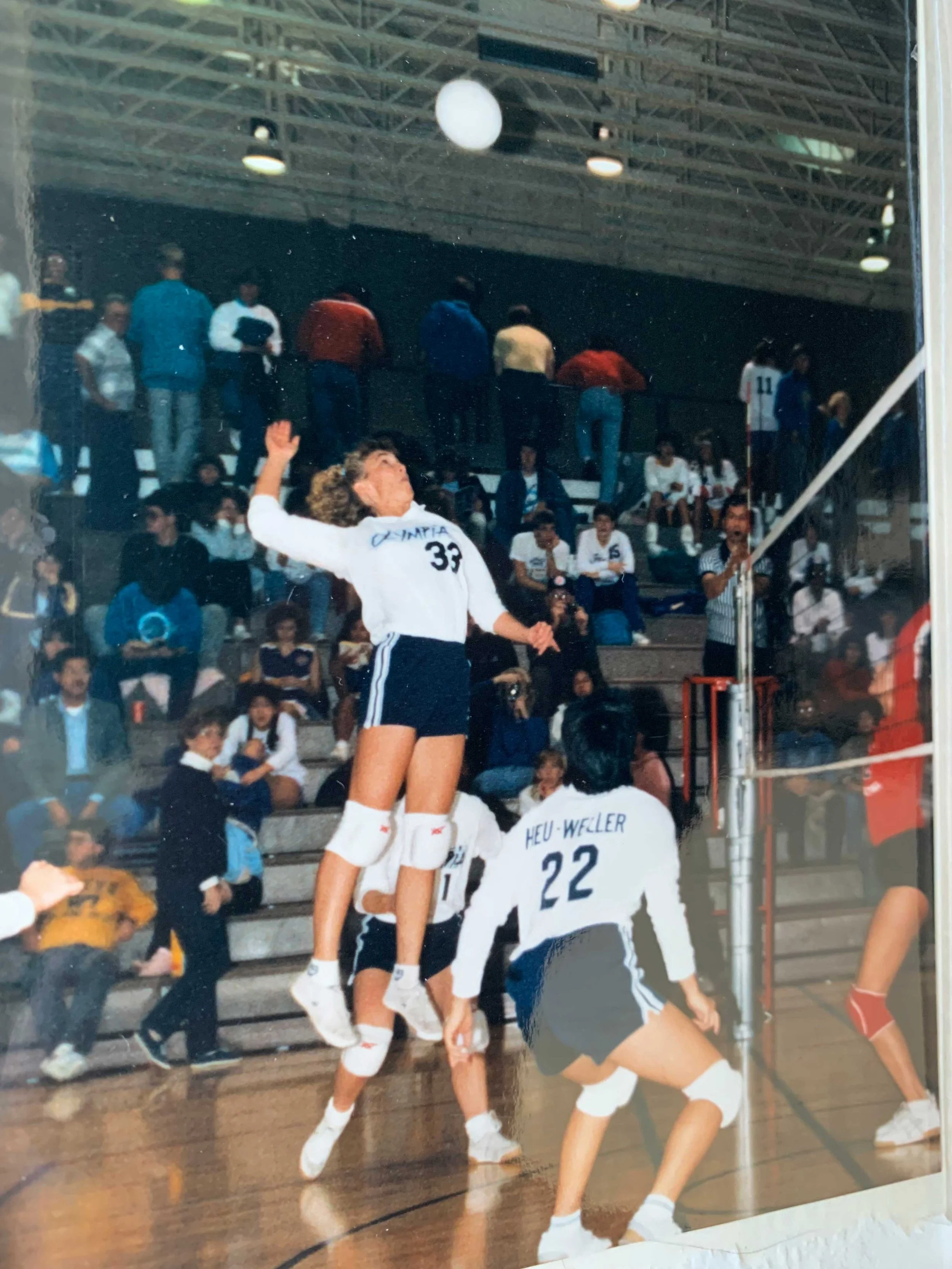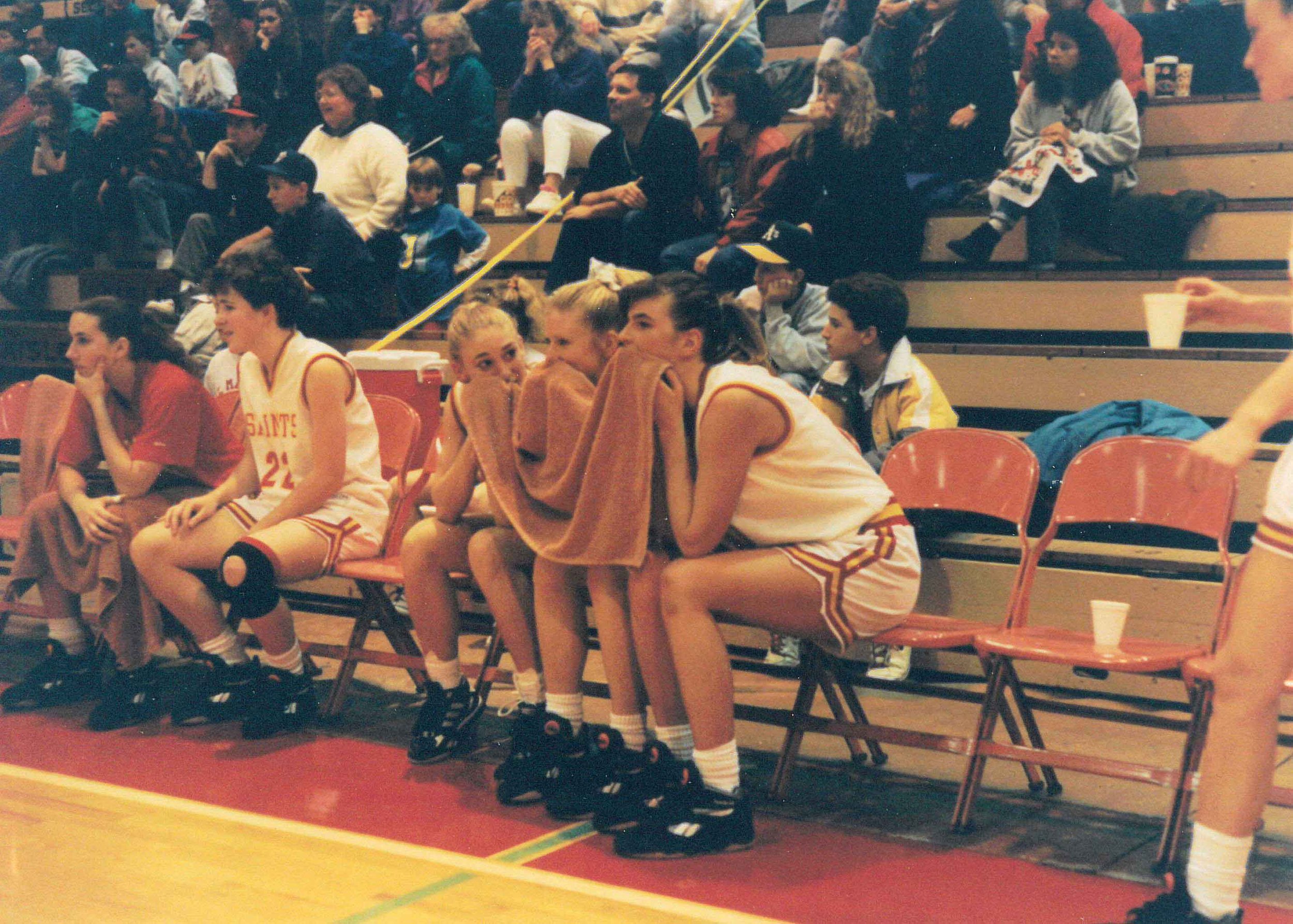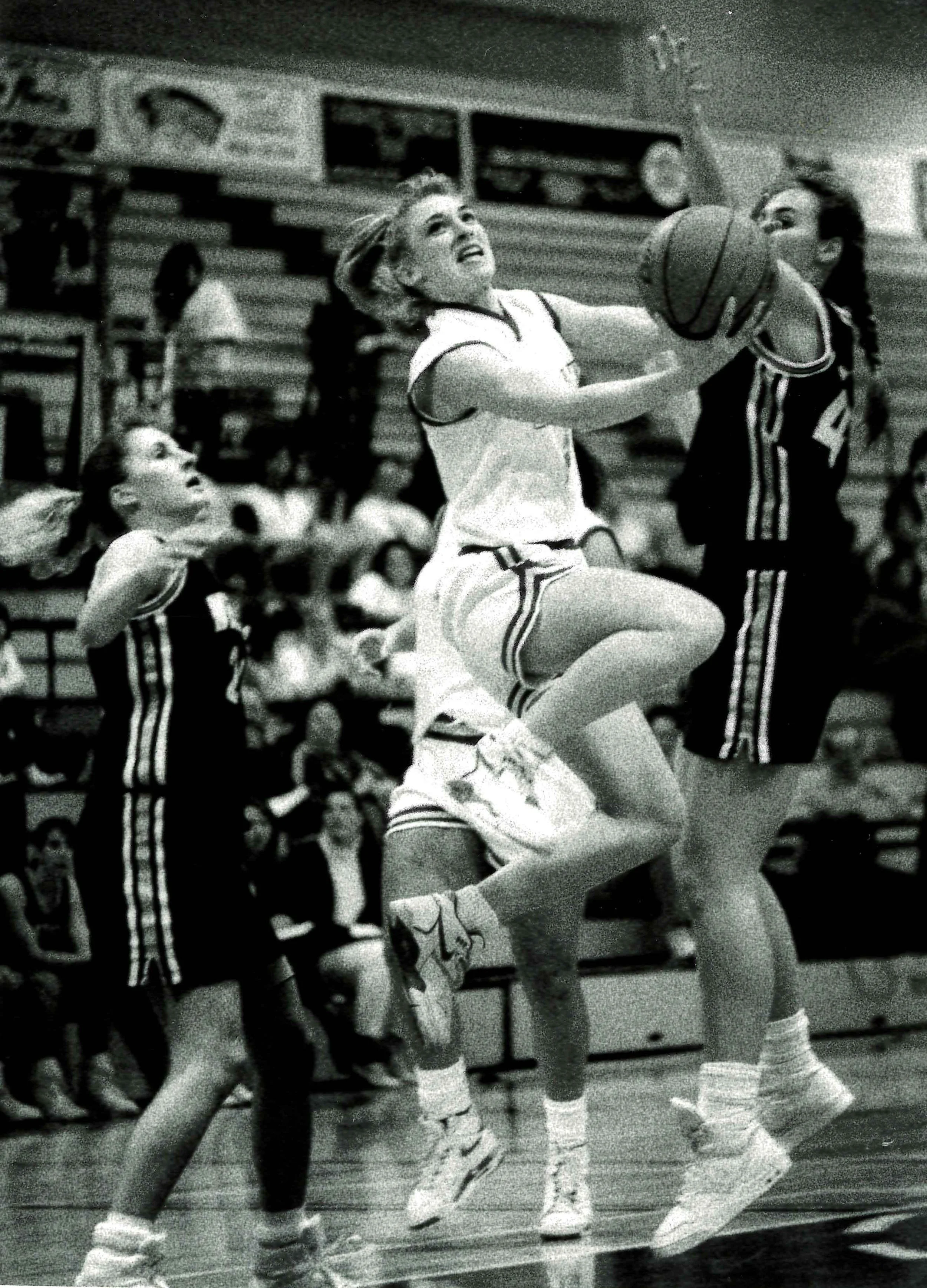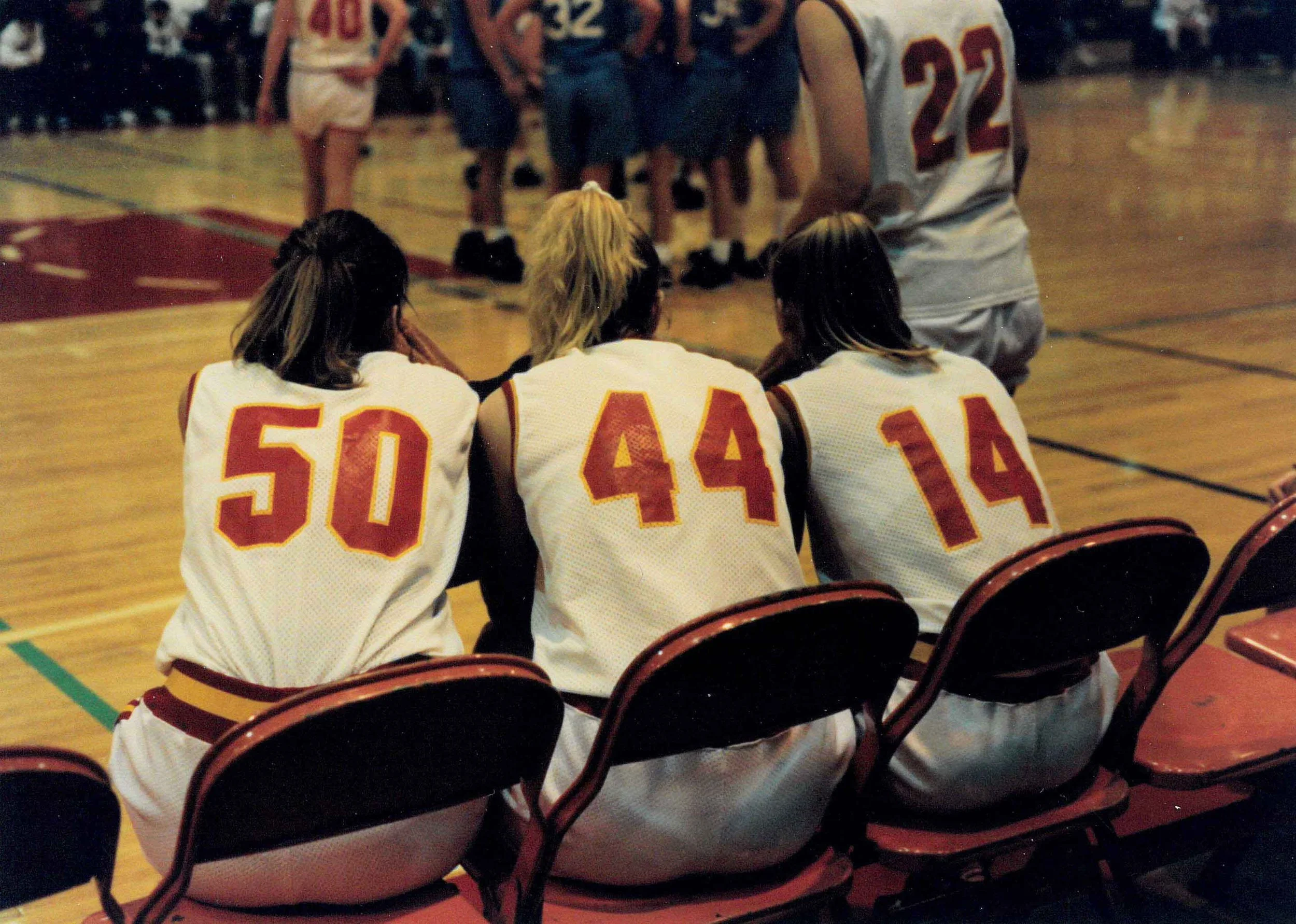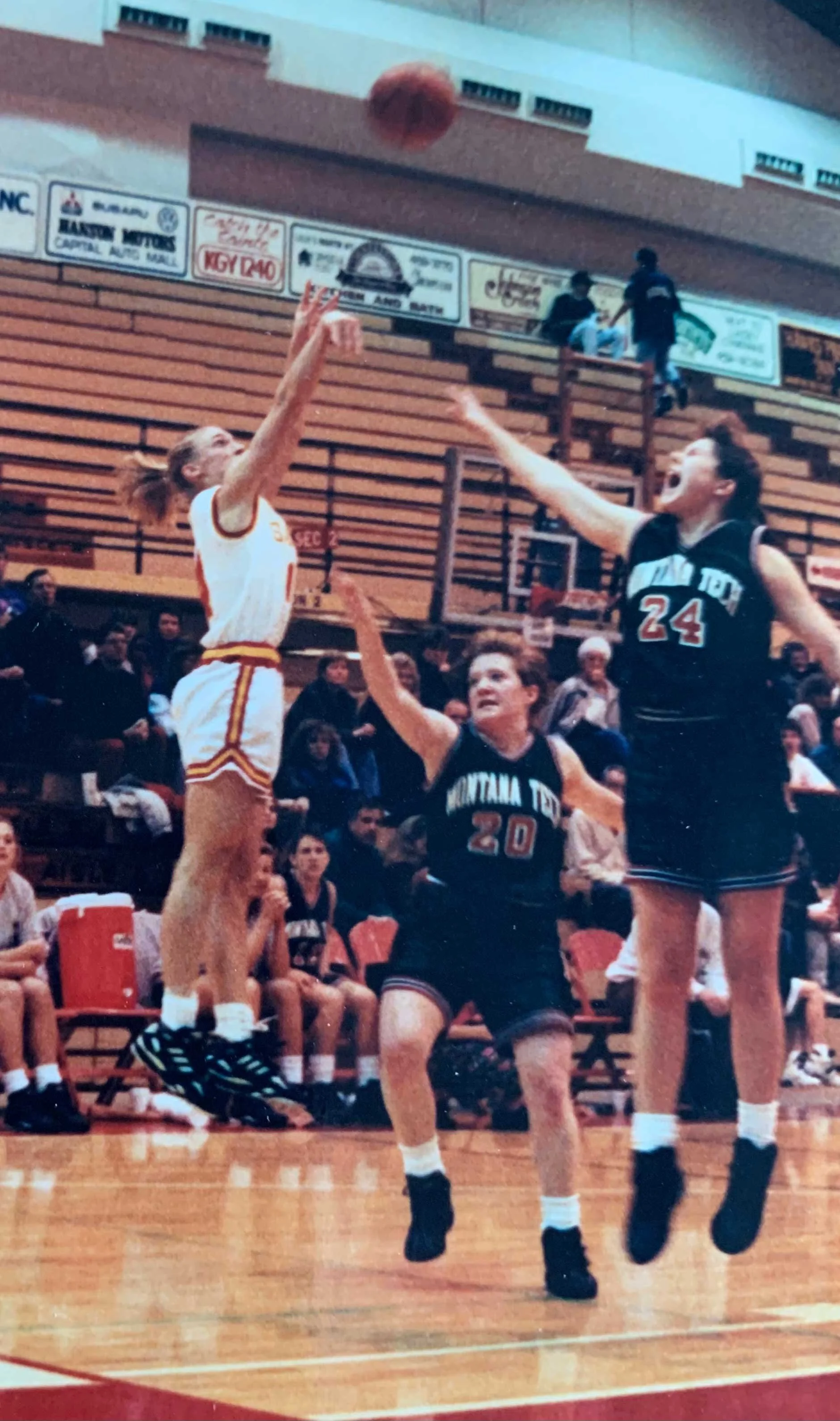
Layer Upon Layer
Under the guise of a fictional sports narrative, Layer Upon Layer invites readers to explore important personal questions while sharing one woman’s journey to find her own answers. It shines a powerful light on the importance of mentorship and positive female role models for all.
Layer Upon Layer flips the romantic male savior trope on its head, highlighting the challenges women continue to face in today’s society.
The book’s heroine, Sam, grows up in a family and community culture that seemingly seeks to destroy her love for basketball, and it is only through the influence of a mentor that she remains true to her personal goals. This inspires her to mentor others in hopes of passing the same gift of encouragement to others. Twenty years later, Sam is a college basketball coach mentoring a player through a personal crisis. It is during this experience that Sam realizes that she has been mentoring young women on their journey to self-acceptance while neglecting her own.
David aims to share DeeDee’s book with as many readers as possible, building a legacy for DeeDee while also sharing a small piece of an amazing person with the world.
Written in the final years of her life, DeeDee was in the midst of her final edits when she received her diagnosis of an inoperable brain tumor. Early in her treatment, DeeDee experienced rapid worsening of her disease and decided to forgo further treatment, instead choosing to enjoy the time she had left with her two loves: David and writing.
Layer Upon Layer is more than just a book; it is a testament to DeeDee’s unwavering dedication to bring to light complex issues without judgment or blame, sharing a narrative that allows readers to ask questions and dive deeper into their understanding about the persistent challenges women face today.
It is David’s hope that Layer Upon Layer and DeeDee’s astute observations are a catalyst for meaningful conversation around the conscious and unconscious biases that women currently face in our society—and that through this open discussion, readers develop a greater awareness by validating these challenges, adding water to the seas of change and fulfilling the greater purpose behind DeeDee’s writing and her lifelong dedication to empowering women.

Media Inquiries
DeeDee’s Mission
DeeDee’s mission was clear and resolute: championing women through empowering narratives, shattering the constraints of gender stereotypes. As a Division 1 athlete and coach, DeeDee understood the challenges and injustices that women in sports often face. And despite the growing number of women participating in sports, it is still a frustrating truth that their involvement is still seen as a social activity, not celebrated for their competitiveness.
DeeDee recognized that this inequality extended beyond sports, but she firmly believed that the magic of teams was universal, especially when crafting her narrative. She used this belief as the vehicle for her book, Layer Upon Layer, taking the inspirational approach of classics such as Rudy and Field of Dreams—but where a man typically takes the lead, DeeDee made a woman the heroine of her narrative. By shining a light on the unique journey that a female heroine experiences, DeeDee unveils the challenges women face in sports and throughout our culture.
“I hope in reading Layer Upon Layer, you will find an inspirational story about a gifted female athlete who excelled in her sport and took what she learned to excel off the court as well. This was my wife’s story. It will look quite different than a male athlete’s story because it is all the more difficult and, I believe, more beautiful.” – David Horton




